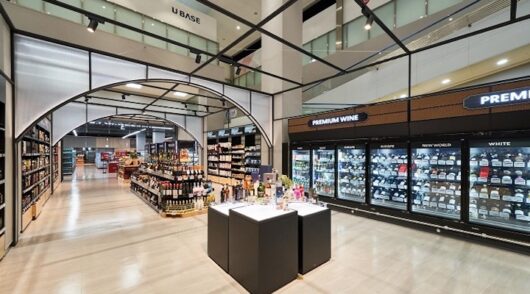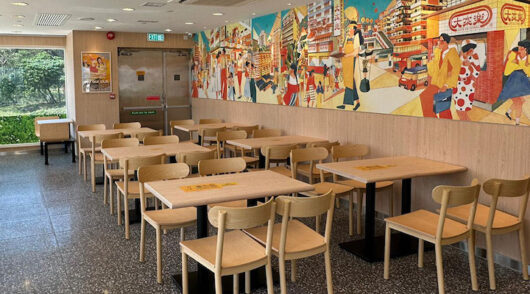Shopping behaviour in Asia will be redefined by the Covid-19 crisis: here are four key trends to expect in the post-pandemic world.
Retail solutions provider Tofugear has just published the Digital Consumer in Asia 2020 report, based on a survey of 6000 consumers across 12 markets in Asia in February, including markets where the coronavirus pandemic had already impacted retail.
Due to the timing of the research, the report offers a fascinating glimpse of what online and offline shopping behaviour might look like in the region once the recovery sets in. With that in mind, here are some key retail trends we predict will come to define the post-Covid-19 world…
Shift in spending towards essentials and ‘affordable luxuries’
Consumer confidence in Asia is currently at an all-time low, with only 27 per cent of all shoppers having a positive view about their personal finances over the year ahead. Unsurprisingly, the majority of consumers intend to cut back on big-ticket items such as luxury fashion and furniture.
While demand for essentials such as groceries and household goods will remain firm, four in five Asian consumers also state that they will not be cutting back their expenditure on beauty and personal-care items. Many fashion retailers have expanded into the beauty space in recent years, but this is certainly an area that others might want to follow. During times of economic crisis, beauty and cosmetics are seen as affordable luxuries that provide a form of escape from the doom and gloom.
Transparency is critical in fulfilment battle
It has been mentioned many times now, but the pandemic is indeed resulting in a surge in e-commerce activity. Nearly half of all shoppers in Asia intend to increase their online spending versus physical retail over the coming year, while 38 per cent will keep it at the same level. With so much spending set to shift to digital commerce, retailers will need to stand out from the competition by sharpening their fulfilment proposition.
While consumers in Asia value a free shipping service the most (86 per cent), in terms of costs this might not be feasible for all retailers. However, offering transparency in the fulfilment process – such as being able to track deliveries (83 per cent) and picking a delivery time slot (76 per cent) – trumps speedy fulfilment services such as same-day deliveries and delivery within two hours.
Broader acceptance of retail formats that support the circular economy
The notion that Asia is behind the curve when it comes to support for sustainability initiatives can be put to rest. Two-thirds of all consumers in Asia state that they will consider a brand’s sustainability credentials when making a purchasing decision.
At the same time, nearly half of all respondents say that they shop for pre-owned and second-hand merchandise – perhaps a noticeably high percentage given the stigma of ‘bad energy’ that surrounds second-hand goods in some markets such as China.
The report also finds that the acceptance of rental services – such as those offered by Style Theory and Covetella – are gaining traction. With personal finances expected to remain under pressure, demand for circular business models like these look set to increase further in the next year.
Technologies that aid social distancing in physical retail
Once lockdowns are lifted across Asia, it stands to reason that there will be renewed enthusiasm for simply going out to visit the shops. However, retailers need to take note that the consumer psyche has changed and shoppers will naturally be more hesitant about physical contact in a store setting.
Brick-and-mortar retailers need to latch on to this sentiment and invest in the appropriate technologies to make shoppers feel more comfortable. Scan-and-go technology, whereby consumers’ mobile phones are used to scan products and pay at the end, would be a great way to achieve this as four in five Asian shoppers (79 per cent) state that they are open to using this technology if available. Similarly, 71 per cent would make use of automated check-outs – such as those seen in unmanned retail concepts.
- Phil Wiggenraad is head of research at Tofugear.






